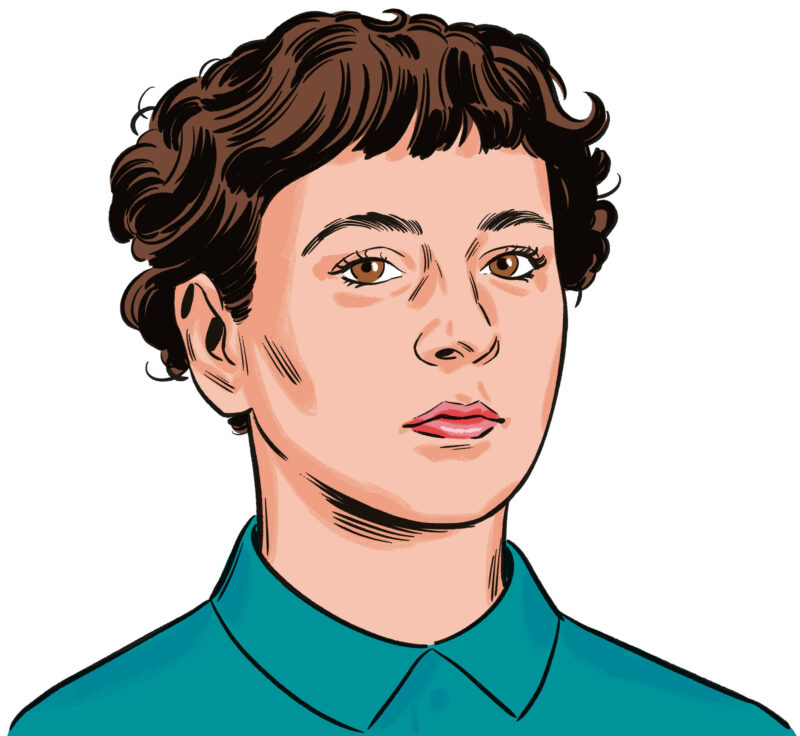In 2009, after winning a contest called “Undoing the Novel,” Kate Zambreno’s debut, O Fallen Angel, was published by Lidia Yuknavitch’s indie press, Chiasmus. Since then, Zambreno has gone on to publish nine more books, some with indie presses, some with university presses, some with big New York houses, and a few—like O Fallen Angel, which was reissued by Harper Perennial in 2017—with first one and then another.
In various ways and to varying degrees, all these books are undoings. One of Zambreno’s most talked-about books, 2012’s genre-exploding Heroines, for example, has been called a group biography, a gossip’s dream, autotheory, and a manifesto for “toxic girls.” Christopher Higgs, in The Paris Review Daily, aptly described it as “poetically swerving in and out of memoir, diary, fiction, literary history, criticism, and theory.” (Heroines was reissued this year with a new introduction by Jamie Hood.) Then there are 2020’s Drifts, which, as we discuss in this interview, Annie Ernaux said “invented a new form”; the elegantly inventive 2021 novella-essay-diptych To Write as if Already Dead; the 2023 literary-critical experiment Tone, coauthored with Sofia Samatar; and, also from 2023, The Light Room, which, while marketed by its publisher as a memoir, is, according to its author, not a memoir at all. But it’s in this very in-betweenness—a space of generative undoing, of formal reinvention—that Zambreno’s writing thrives.
You have reached your article limit
Sign up for a digital subscription and continue reading all new issues, plus our entire archives, for just $1.50/month.
Already a subscriber? Sign in





